How to Take Care of Cows – Tips for Beginners
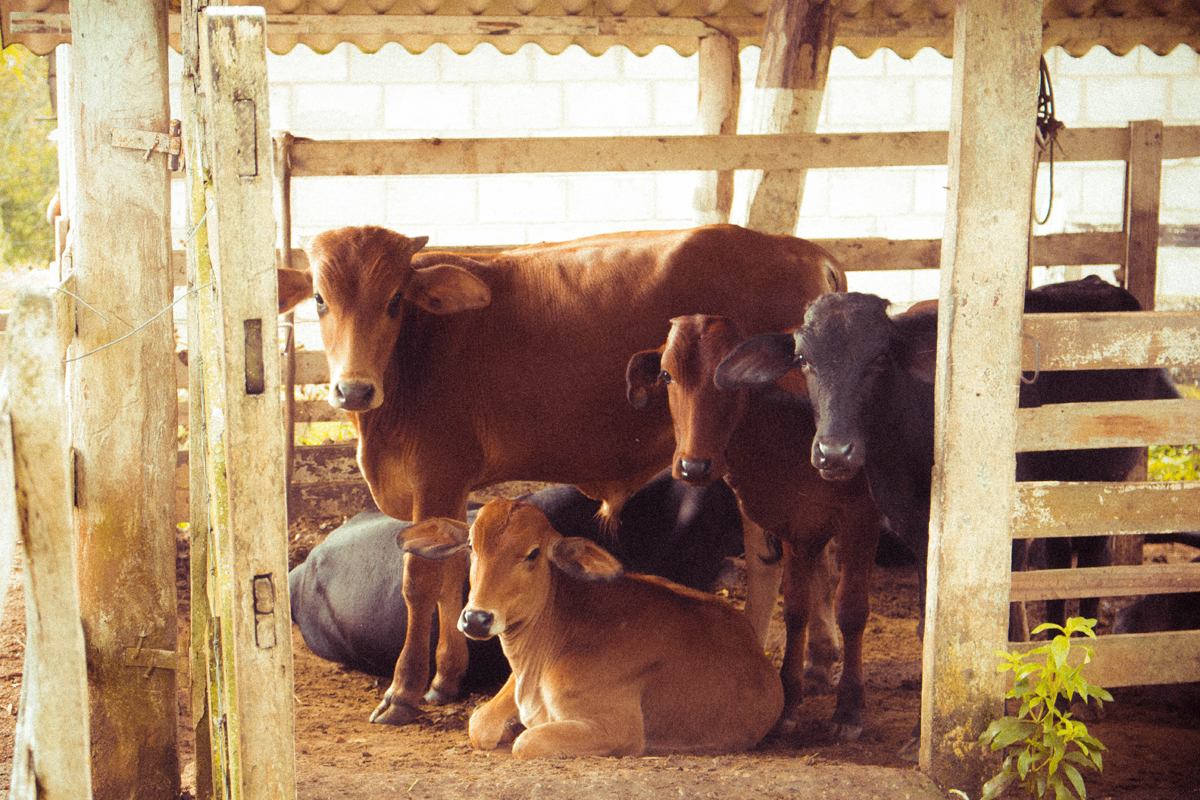
Rearing cows can be a good source of income. It can be a tedious process as in raising other farm animals but it is one profitable venture. There are three types of cows. One type is raised for production of dairy products like milk, butter and cheese, the other is raised for its meat called beef. The third kind is used as drafts. Knowing how to take care of cows is very important so that you can get quality products from your cows. You have to keep them strong and healthy for whatever purpose they may serve. Naturally, you have to feed them well and keep them away from diseases.
Grazing
The first tip on how to take care of cows is to provide your cows a good area of pasture for grazing. Grass feeding is ideal for cows. It is approximated that a cow needs one to two acres of grazing land. Also, those who live in dry regions require more acres of grazing land per cow. They need to graze to have good health and to have plenty of exercise they need. However, if it is not enough pasture especially if you have little land or because of the climate changes, supplement hay, alfalfa, corn and grain as your cow food.
Water
Make sure that you give your cows enough fresh water daily. It is said that a full grown cow can consume about 20 gallons of water per day so make sure it gets adequate supply of water.
Fencing
Aside from providing them shelter, another tip on how to take care of cows is to place a good fencing. Since cattle need to graze freely they should be left alone for some time. The only way to ensure that they will not stray is to fence your property with barbed or woven wire which can be at least 4 feet high. This can guard your cows and make them stay within the boundaries of the fenced land. Sometimes cow ranchers tie their cows to an object held firmly on the ground so that they can graze freely. While this is okay, fencing your property is the best way to keep your cows guarded.
Shelter
The next tip on how to take care of cows is to provide them with shelter. Cattle are huge animals so you need to provide them with enough space. They need a place where they can be protected from the sun and heat during summer and the rainy and cold days especially during winter. The shelter need not look exceptional. It just needs to have a space where there is adequate ventilation. Also keep in mind that you have to separate the cattle from the drafts unless you have to mate them already. Make sure to clean their shelter daily so that they will not get sick because of their unhealthy surroundings. If your cows are kept inside a barn, be sure to clean the stalls and give them fresh straw every day.
Lice and Parasites, De-Worming and Vaccinations
There are many other tips on how to take care of cows which include keeping them away from lice and parasites. Make sure that they are de-wormed. Vaccinations are also advised to keep your cattle away from diseases. Let the veterinarian have your cattle checked regularly so that they can be given proper medication or vitamins and minerals supplements. You should also brush their hair and touch them. Lastly, although cattle are generally gentle animals, keep caution in handling them because they are big animals and they can accidentally hurt you.
The Author:
Are you looking for more tips about raising and feeding cattle? Raising cattle can improve quality of life and provide great satisfaction and responsibility for families. Explore your options and then decide. If you would like more tips on dairy cattle farming and how to raise cattle, just go to: howtoraisecattle.com
Photo. Vinicius Pontes


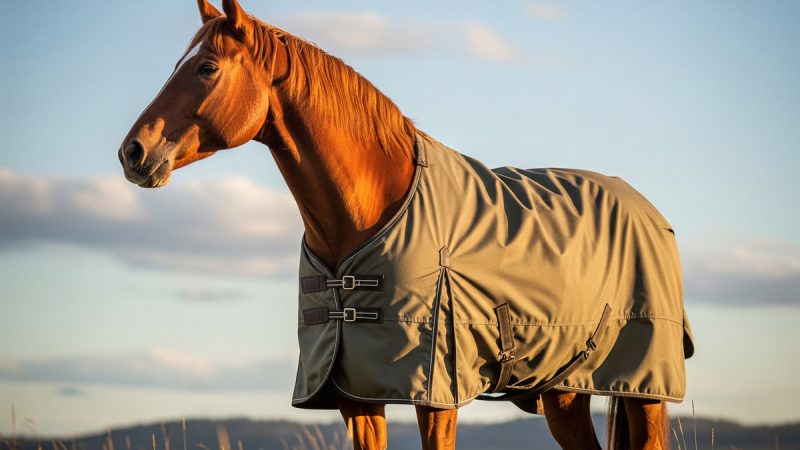
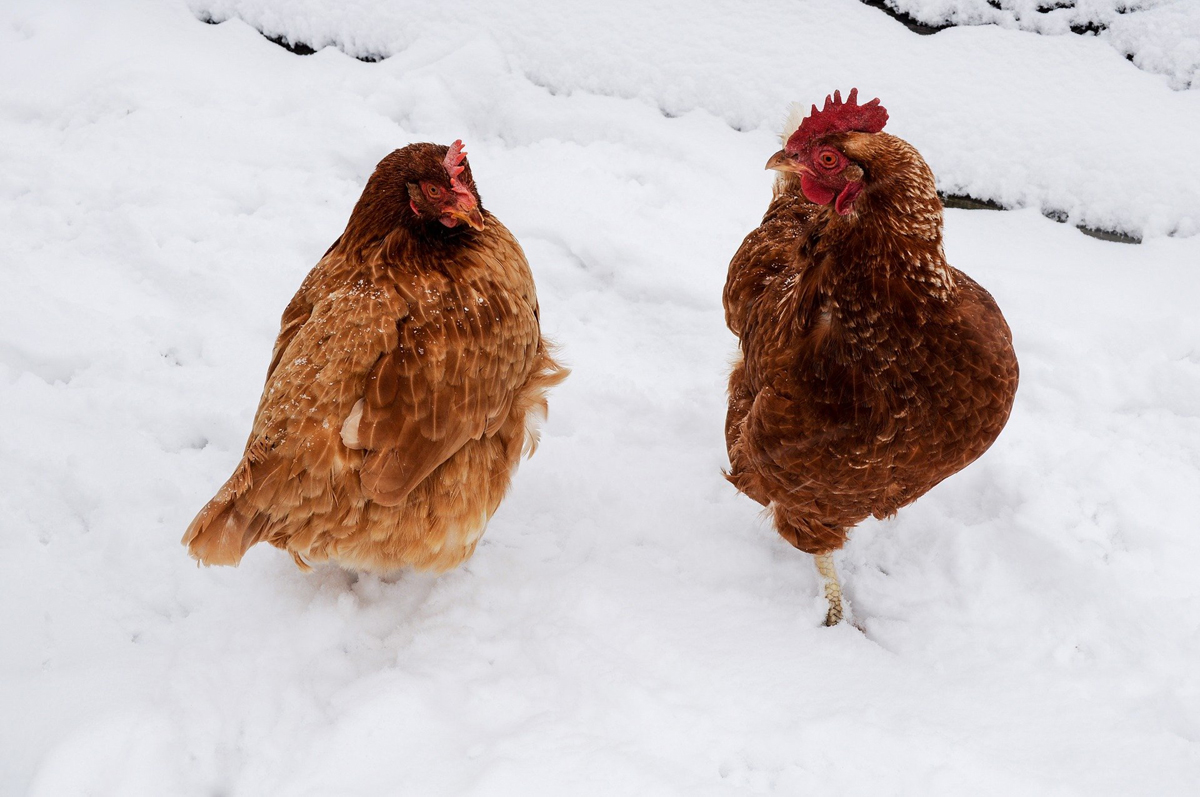
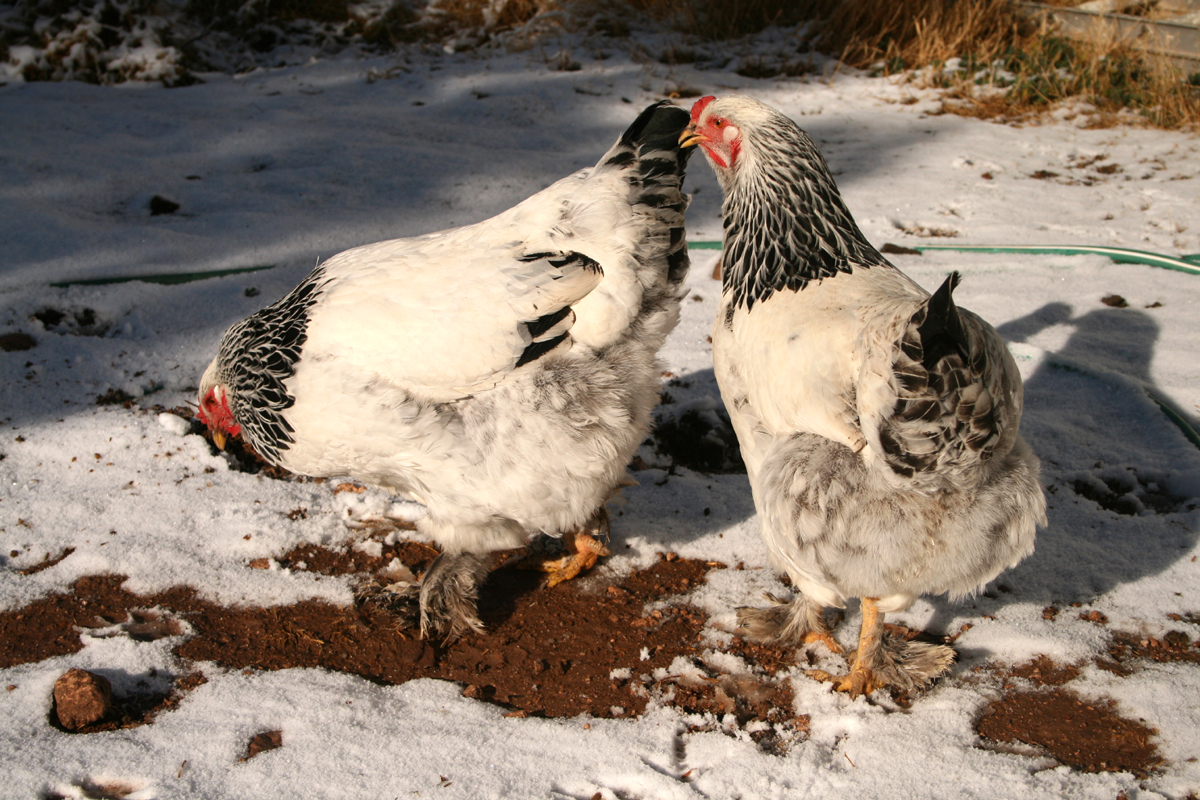

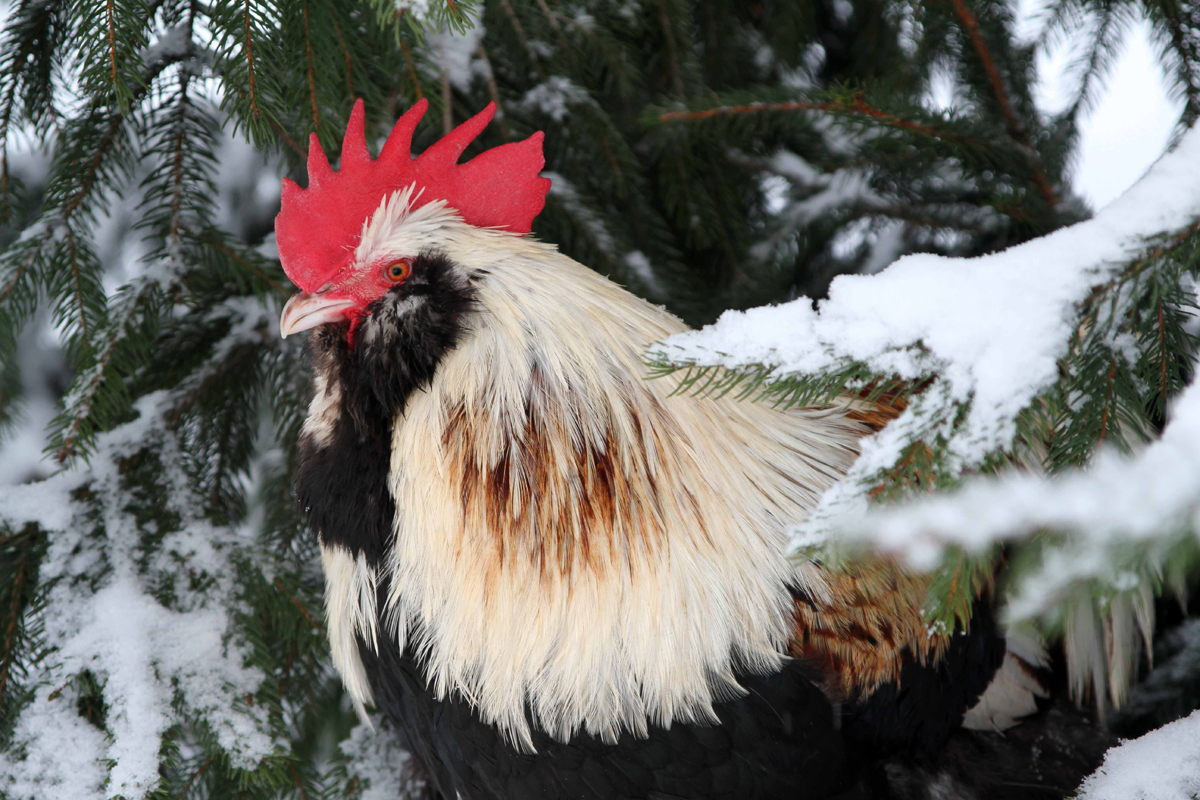
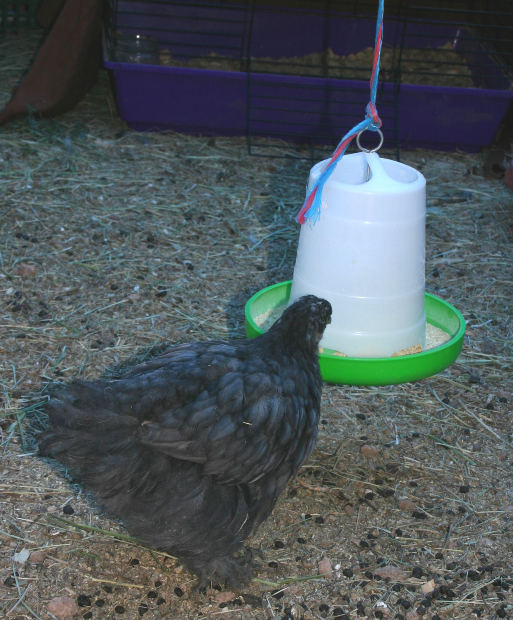
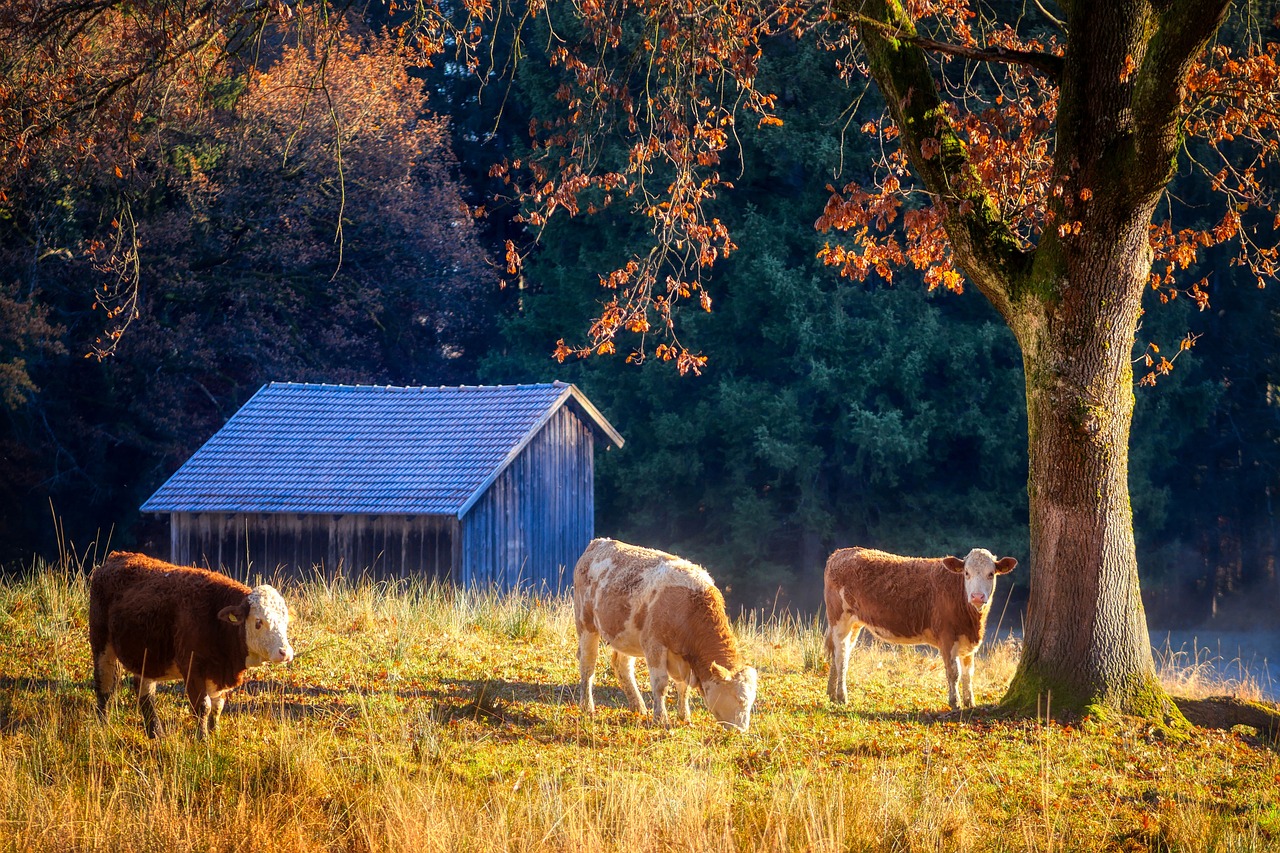
My brother wants to purchase a few cows so that he can be a little more self-sufficient and not have to buy as much milk. I found it interesting when you explained that it is important to provide your animals with an area that has sufficient space for them to graze. I’ll be sure to share this information with him so that he can know how to successfully care for cattle.
That’s a wonderful initiative your brother is taking! Providing cows with sufficient grazing space is indeed crucial for their well-being. It allows them to move around, exercise, and access a variety of fresh and nutritious forage. Additionally, make sure the grazing area is secure and properly fenced to keep the cows safe from predators or wandering off. Adequate pasture rotation is also important to prevent overgrazing and allow for the regrowth of grass. Good luck to your brother on his self-sufficiency journey!
It’s good to know that you need to provide a good area for grazing. My brother was telling me a couple of nights ago about how he is needing to find cattle for his farm that he just recently started working on, and he wants to make sure that he can know how to take care of them correctly. I’ll make sure to pass this information along to him once he finds cattle to get so that he can know how to take care of them.
That’s great to hear that your brother is starting a farm and looking for cattle! Providing a good grazing area is indeed essential for the well-being of cows. It’s important to ensure that the grazing land has enough pasture, fresh water, and shade for the cows to roam and graze comfortably. Additionally, proper fencing or containment systems can help keep the cows safe and prevent them from wandering off. Encourage your brother to do thorough research on cattle care and consult with experienced farmers or veterinarians for guidance. It’s always wise to gather as much knowledge as possible before starting a new venture to ensure the healthy and happy lives of the animals.
It’s nice that you mentioned how rearing cows can be a good source of income. I was watching a TV show last night and it showed how cattle farming is done. From what I’ve seen, it seems you need to inject medications into cows at some point, like ampicillin for injectable suspension.
Yes, you’re right. Taking care of cows involves providing them with proper healthcare, which can include administering certain medications when necessary. Ampicillin for injectable suspension is commonly used to treat bacterial infections in cows. Regular veterinary check-ups, vaccination schedules, and proper nutrition are also crucial aspects of cow farming to ensure their well-being and overall productivity.